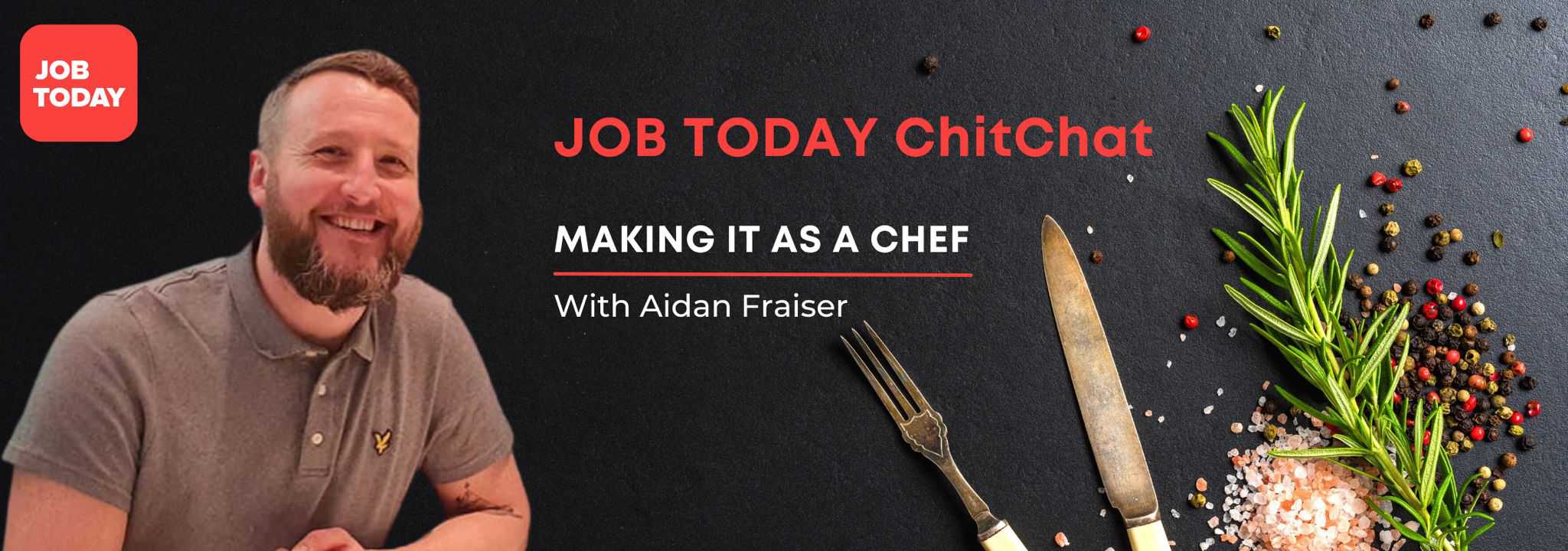
Second interview questions: what to expect
They must like you. They’ve invited you back for a second interview. And this means you’re going to have to answer those dreaded second interview questions really, really well.
Be authentic but be prepared
This doesn’t mean you shouldn’t be your authentic self. What it means is that you must prepare your best authentic side. The trick is to anticipate the kinds of questions you’re likely to be asked, and to prepare great answers.
Common types of second interview questions
Expect the following types of questions at second interview:
Specialist skills question
You’ll be asked about the specialist skills related to the job. For instance, if you’re a candidate for a sous chef position, you might be asked specialist operational questions like:
- How should you check the quality of what you’re sending to the customer?
- What’s your take on ingredient substitution?
- What dishes would you suggest for a vegan buffet?
Prepare for specialist questions by double checking the job description to make sure you know what they need – and put the effort in to hone your technical knowhow.
Situational questions
Situational questions focus on how you might react in a particular situation. These “What would you do if….” questions are looking for your ability to think on your feet and do the right thing in the circumstances. For instance, for a bar manager position you might be asked:
- What would you do if you caught bar staff violating food hygiene?
- What would you do if a fight broke out amongst customers?
You can’t anticipate every situation they may ask about, so plan a strategic answer that you can adapt for most situational questions. For instance, plan to focus on safety, people, reporting and (this is a good one!) reflection. A lot of employers on JOB TODAY wish to hire a candidate quickly and effectively.
Let’s break down a good answer to the fight scenario question:
“Fight situations can vary considerably (you’re telling them you have lots of experience in dealing with them) but overall I’d check the personal safety of my staff and other customers first, asking them to move away (safety). Then I’d tell the fighters I am going to call the police and I’d tell them to leave the premises immediately. I’d ask a staff member to call the police (people). After the incident I’d complete an incident report (reporting) and later I’d review with my staff what we could learn from the situation and what we’d do differently in future (reflection).”
Another strategic approach might be to think in terms of customer service, staff training and, again, reflection. Always include reflection in your answer strategy, because it tells your interviewers that you’re always looking for ways to improve.
Soft skills questions
Soft skills are transferable skills and usually related to people, such as communication and leadership skills or how you collaborate, inspire, listen or solve people problems. Soft skills question examples are:
- How would you approach a colleague who’s not doing their job properly?
- What’s the most important factor in keeping the team effective?
Again, have a strategy. Decide which soft skills are important to the job, and plan to include those in your answer. You might focus on listening skills, problem solving or customer service skills.
What if your mind goes blank?
Sometimes nerves can get the better of you and your mind goes blank. Don’t panic. Interviewers expect you to be nervous. What might seem like hours of brain freeze to you might only just be seconds. But if your brain decides to leave the building, take a deep breath for an extra shot of oxygen and buy some time by asking your interviewer to repeat the question (if you’ve genuinely forgotten) or draw them out by saying:
- Could you clarify that?
- That’s an interesting question, let me think for a minute
- That’s an interesting question. How does the company deal with that?
Allowing the interviewer to rephrase the question or talk a little longer will most probably jog your memory. And there’s nothing wrong with honesty and humour. Try: “I’m sorry, but my mind has gone a blank. I should have had another coffee this morning.” There is no harm in taking a deep breath during your interview. However, note that there are some things that you should just not do in an interview.
Second job interviews can be stressful, but if you’ve prepared your tech skills and a robust answer strategy, you’ll show the best side of yourself. And if you do your best, that’s all you can ask of yourself.



